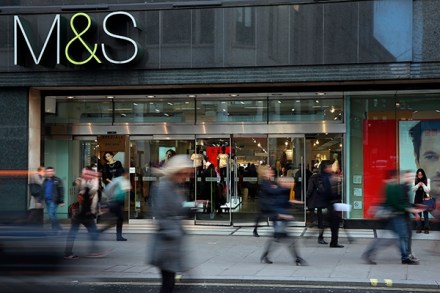Are we overusing ‘overhaul’?
Last week, John Lewis and Marks & Spencer were overhauling their stores. Football clubs were madly overhauling teams and we women were overhauling wardrobes, if you can believe what you read in the papers. There was a clear danger of over overhauling. What do we mean by it? Overhauling implies change. But that sense has only dominated in the past 150 years. Before that, the usual meaning was to inspect or audit, in a naval context. ‘To-day I over-haul’d the Powder, and told the Lieutenant that I had twenty-three half Barrels in Store,’ wrote the Royal Navy gunner John Bulkeley in 1740. His ship, the Wager, was wrecked in remote





















